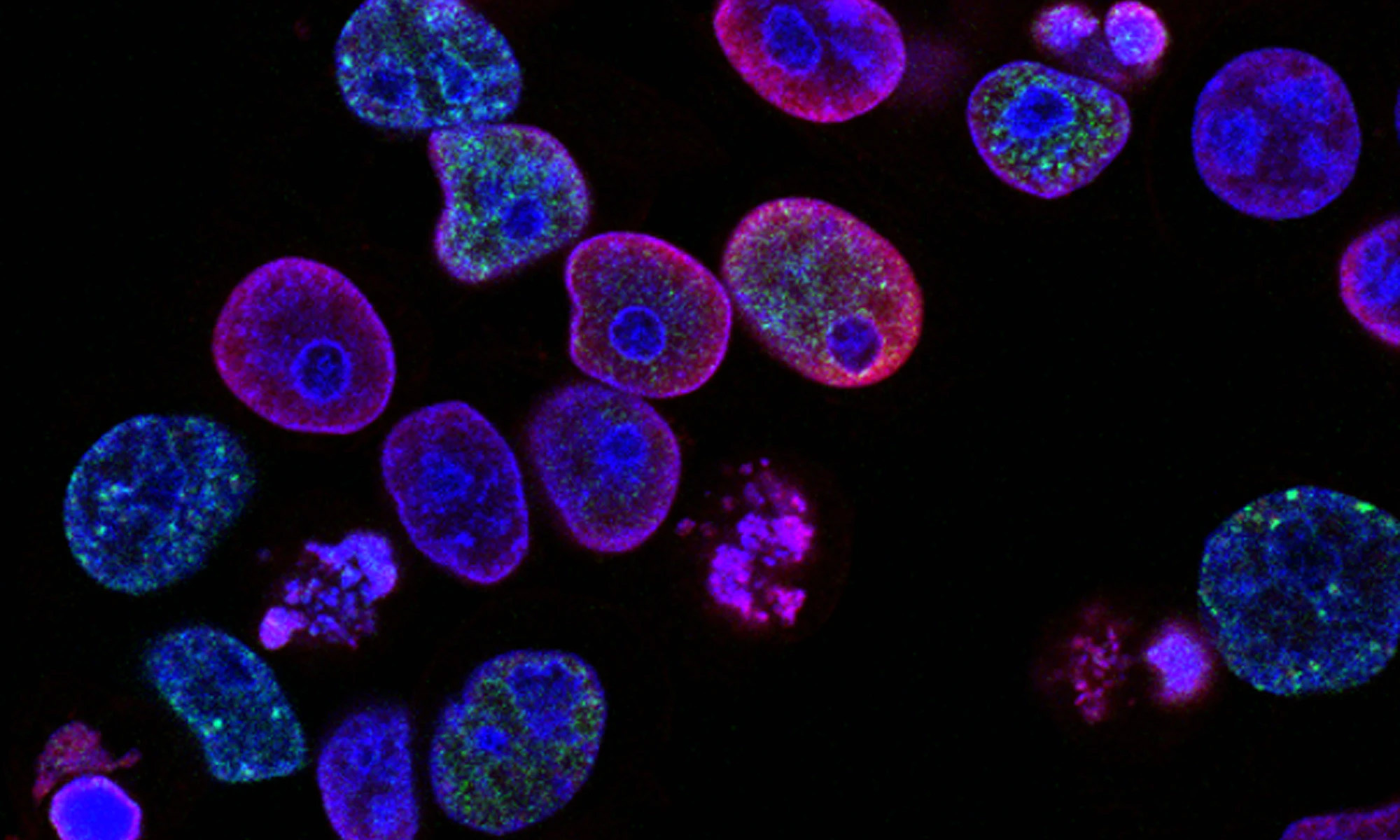News
Turkish Healthcare Startup RS Research Uses Nanotech To Selectively Destroy Tumors
The startup designed a nanotechnology platform for highly targeted delivery of drugs directly to cancer cells.

All currently available types of treatment for cancer leave a lot to be desired — both in terms of their effectiveness and side effects. Chemotherapy, for example, is effective at preventing cancer from spreading to other parts of the body and even capable of eliminating it entirely, but it can’t tell the difference between cancer cells and healthy cells. Turkish healthcare startup RS Research strongly believes that it has the recipe for significantly increasing the effectiveness of drug-based cancer treatments like chemotherapy.
The startup designed a nanotechnology platform for highly targeted delivery of drugs directly to cancer cells. The platform is called Sagitta, and the name comes from the Latin word for “arrow.”
“Sagitta platform is a groundbreaking technology approach utilizing Polymer Drug Conjugates to target the tumor with a high payload of cytotoxins; resulting in high efficacy with reduced side-effect profile. In addition to moving our own candidates through clinical development, Sagitta platform is available for co-development projects,” explains RS Research on its website.
In other words, Sagitta allows drugs to do their job with minimal side effects, making it possible to avoid causing damage to healthy cells. If everything goes right, the technology could be used to support cancer treatment in Turkey and beyond as early as 2024.
Also Read: FDA Approves Israeli Cancer-Freezing Technology
Together with other innovative cancer treatments, such as gene therapy, hormone replacement therapy, and immunotherapy, scientists and doctors are gradually expanding the range of treatment options available to cancer patients, and we can only hope that a real cure isn’t too far away.
Not too long ago, the FDA approved an Israeli medical technology after demonstrating its ability to eliminate tumors using new cancer-freezing technology.
The COVID-19 pandemic has greatly accelerated many areas of medical research, and it would be a welcome turn of events if some coronavirus-related findings helped finally defeat cancer.
News
Qatar Airways Debuts World’s First Boeing 777 Starlink Flight
The airline has ambitious plans to roll out the high-speed, low-latency service across its entire Boeing 777 fleet within a year.

Qatar Airways has taken a significant step ahead of the competition by being the first operator to offer Starlink internet on a Boeing 777 aircraft traveling from Doha to London.
As the largest and first airline in the MENA region to offer Starlink’s ultra-high-speed, low-latency internet, Qatar Airways continues to raise the bar for in-flight services after winning the coveted Skytrax “World’s Best Airline” for 2024 award.
Initially, the carrier planned to outfit three Boeing 777 aircraft with Starlink technology. However, by the end of 2024, the airline will have upgraded 12 Boeing 777-300s with this service. Further ahead, the entire Boeing 777 fleet is set to be Starlink-equipped by 2025, one year earlier than originally scheduled, with the Airbus A350 fleet following suit by mid-2025.
This rollout demonstrates Qatar Airways’ dedication to enhancing in-flight connectivity and will enable passengers to stay in touch with family and friends, stream media, watch live sports, work remotely, and even play online games — all at 35,000 feet.
Qatar Airways Group Chief Executive Officer, Engr. Badr Mohammed Al-Meer expressed excitement about the debut flight, stating: “We are thrilled to launch our first Starlink-equipped flight, proving once again why Qatar Airways is at the forefront of the aviation industry”.
Also Read: A Guide To Digital Payment Methods In The Middle East
He continued, “Paired with our commitment to rapidly rollout Starlink across our entire modern fleet, [Qatar Airways] demonstrates our relentless pursuit of offering passengers an in-flight experience that transcends the constraints of traditional air travel”.
By launching its first Starlink-equipped aircraft, Qatar Airways has achieved several milestones, including operating the world’s first Boeing 777 widebody with the service onboard. Qatar Airways’ strategic partnership with SpaceX ensures passengers will continue to enjoy an unmatched in-flight experience, and not only represents a breakthrough for Qatar Airways but also sets a new standard for in-flight connectivity globally.




























